kombucha tea caffeine

Enter the enchanting world of kombucha tea, where ancient traditions meet modern wellness. In this article, we delve into the intriguing realm of kombucha tea caffeine – a topic that sparks curiosity and ignites the senses. Join us on a journey of discovery as we uncover the mysteries behind this beloved beverage and explore its caffeine content. Whether you’re a seasoned kombucha connoisseur or a curious newcomer, prepare to sip, savor, and unravel the secrets of kombucha tea caffeine.
Table of Contents
- Understanding the Caffeine Content in Kombucha Tea
- The Impact of Caffeine in Kombucha on Energy Levels
- Choosing the Right Kombucha Tea for Your Caffeine Preferences
- Balancing Health Benefits and Caffeine Intake in Kombucha Tea
- Q&A
- Future Outlook
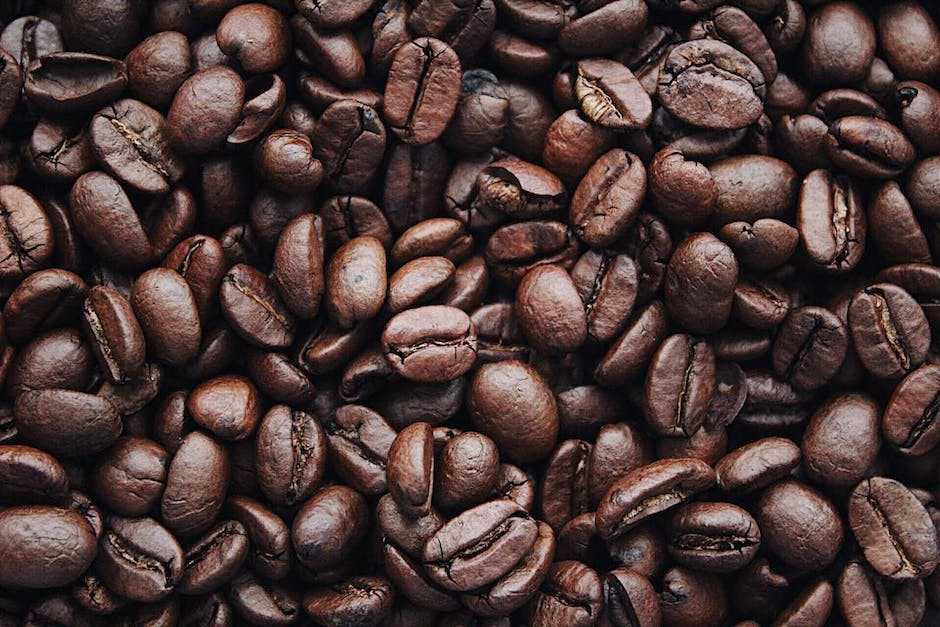
Understanding the Caffeine Content in Kombucha Tea
Kombucha tea is a popular fermented drink known for its unique taste and potential health benefits. One aspect that often sparks curiosity is its caffeine content. While kombucha is typically brewed from tea, which naturally contains caffeine, the fermentation process may affect the final caffeine levels in the drink.
- Fermentation Impact: During the fermentation of kombucha, the caffeine content can decrease as the live culture consumes some of the caffeine as a nutrient source.
- Variability: The caffeine content in kombucha can vary depending on factors such as the type of tea used, brewing time, and fermentation conditions, making it challenging to pinpoint an exact caffeine amount in each batch.
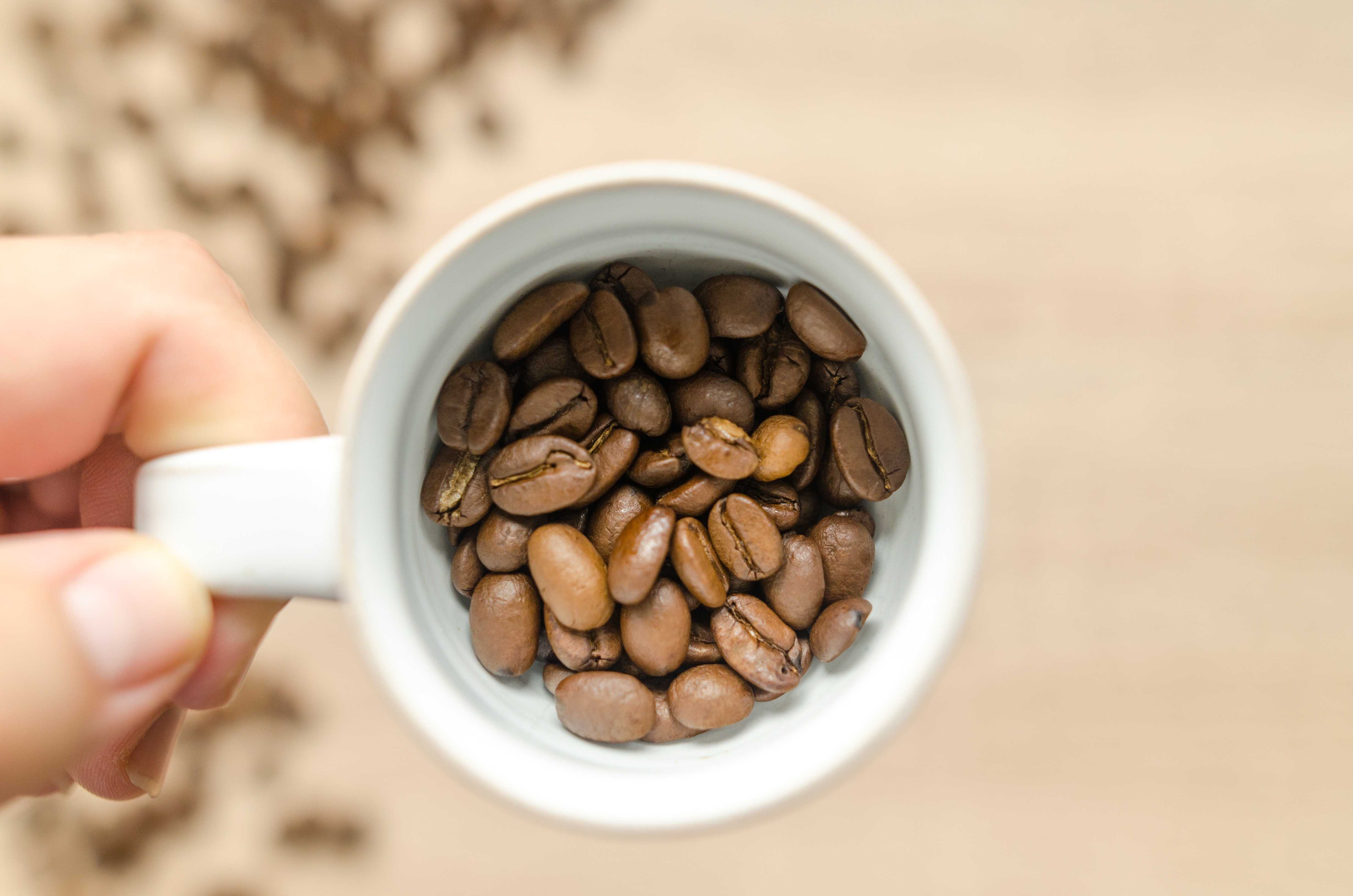
The Impact of Caffeine in Kombucha on Energy Levels
Caffeine in kombucha can have a noticeable impact on your energy levels. By consuming kombucha with caffeine, you may experience a gradual increase in alertness and focus without the jitters often associated with coffee.
Furthermore, the caffeine in kombucha can provide a sustained energy boost, making it a great option for those looking for a natural way to stay energized throughout the day. Incorporating kombucha into your routine can offer a refreshing alternative to traditional caffeinated beverages.

Choosing the Right Kombucha Tea for Your Caffeine Preferences
When it comes to selecting the perfect kombucha tea for your caffeine preferences, there are a few key factors to consider. Firstly, determining the caffeine content in various kombucha brands is essential. Some brands offer caffeinated versions, while others provide caffeine-free options for those looking to avoid stimulants.
Furthermore, exploring the variety of flavors available can enhance your kombucha experience. From classic green tea blends to exotic fruit-infused concoctions, the world of kombucha offers a wide array of choices to suit every palate. Consider experimenting with different flavors to find the one that best aligns with your taste preferences.
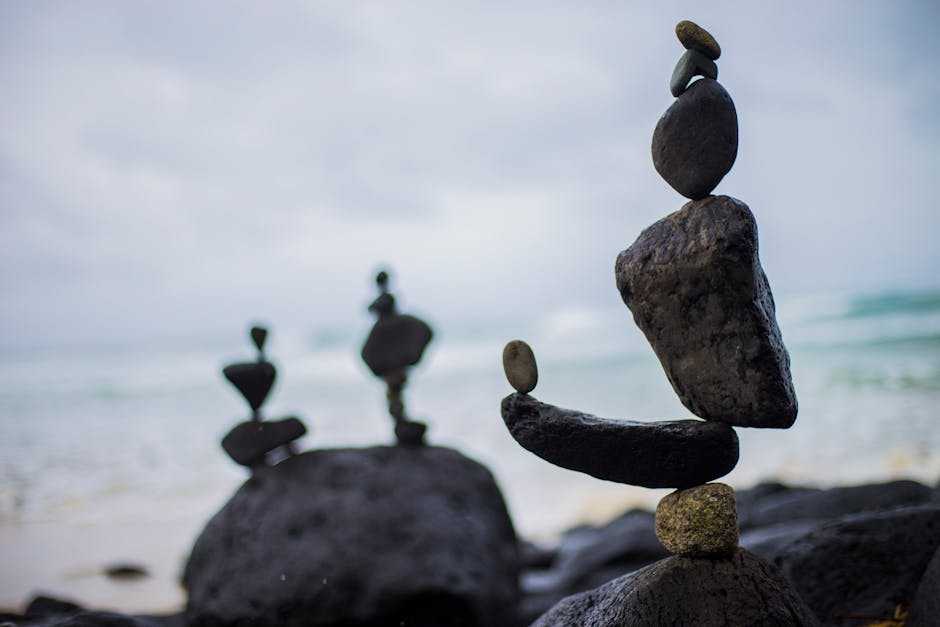
Balancing Health Benefits and Caffeine Intake in Kombucha Tea
For kombucha enthusiasts looking to strike a harmonious balance between reaping the health advantages of this probiotic-rich elixir and managing their caffeine consumption, understanding the dynamics of kombucha tea is key. While kombucha contains a moderate amount of caffeine due to the fermentation process involving tea leaves, its benefits go far beyond a mere energy boost. The trick lies in savoring the positive effects while being mindful of your caffeine intake.
One way to navigate this delicate equilibrium is by opting for shorter fermentation periods, which can help reduce the caffeine content while still retaining the probiotic goodness. Additionally, experimenting with different tea varieties, such as green tea or herbal blends, can offer a caffeine-conscious alternative without compromising on flavor. Embracing the versatility of kombucha tea allows you to tailor your brew to suit your preferences while optimizing its nutritional value.
Q&A
Q: Is there caffeine in kombucha tea?A: Yes, there is caffeine in kombucha tea, but the levels are typically much lower compared to traditional caffeinated beverages like coffee or tea.
Q: How much caffeine can be found in kombucha tea?
A: The caffeine content in kombucha tea can vary depending on factors such as the type of tea used during fermentation and the brewing time. On average, a cup of kombucha tea may contain around 15-30 mg of caffeine.
Q: What are the effects of caffeine in kombucha tea?
A: The caffeine in kombucha tea can provide a gentle energy boost without the jittery feeling often associated with stronger caffeinated drinks. It can help improve focus and concentration for some individuals.
Q: Is it safe to consume kombucha tea for those sensitive to caffeine?
A: For those sensitive to caffeine, drinking kombucha tea in moderation should not typically cause adverse effects, as the caffeine content is relatively low. However, it’s always a good idea to monitor your own response to caffeine and adjust your consumption accordingly.
Q: Can you enjoy kombucha tea in the evening due to its caffeine content?
A: Given the modest amount of caffeine in kombucha tea, many people find it suitable for consumption in the evening without interfering with their ability to sleep. As always, individual tolerance to caffeine varies, so it’s best to listen to your body and make choices accordingly.

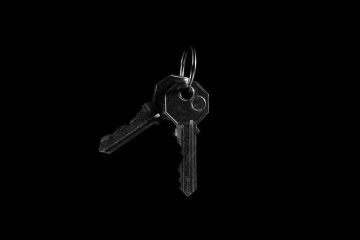
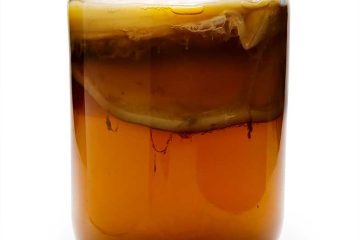
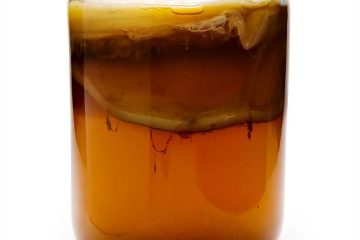
0 Comments